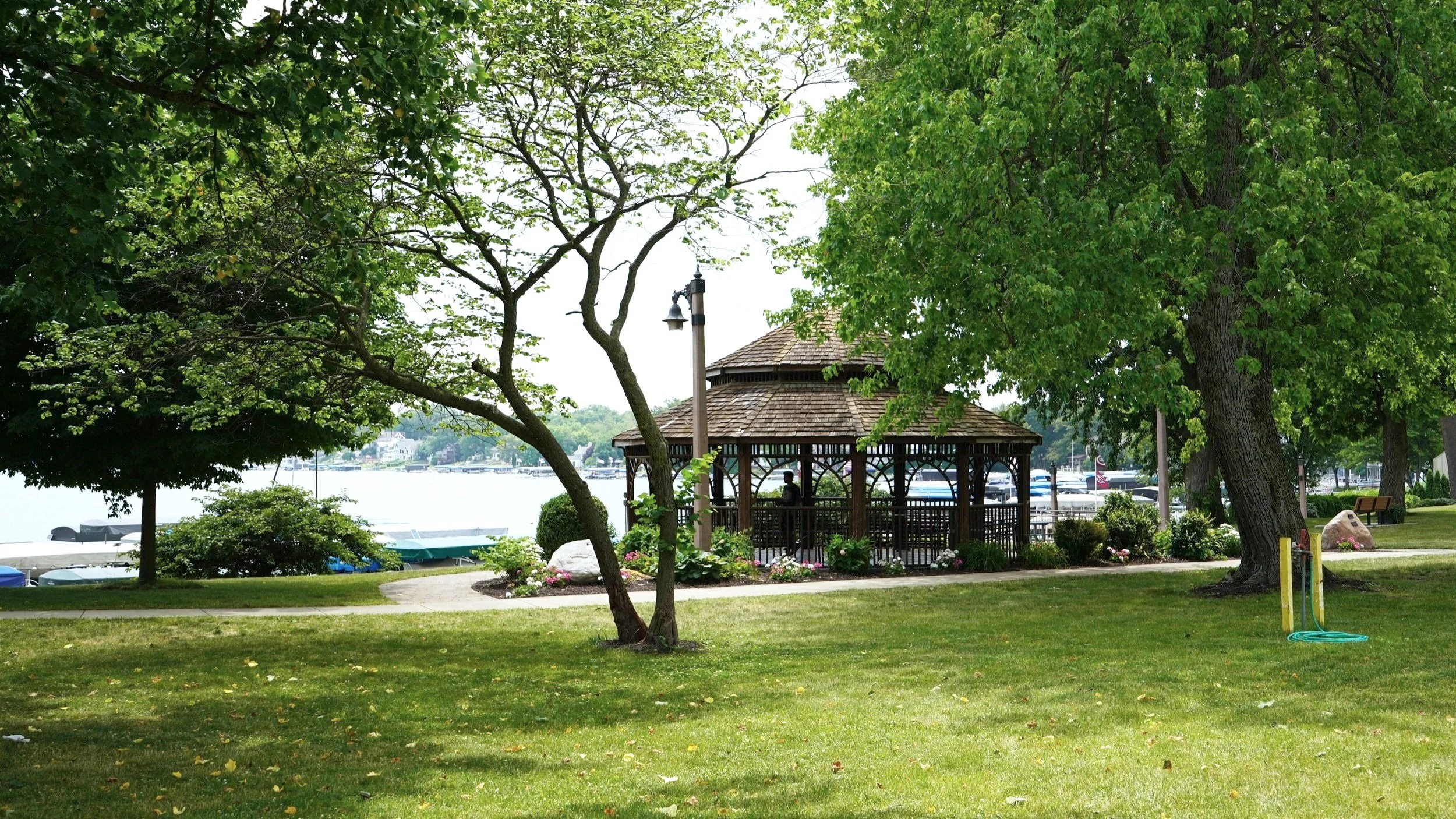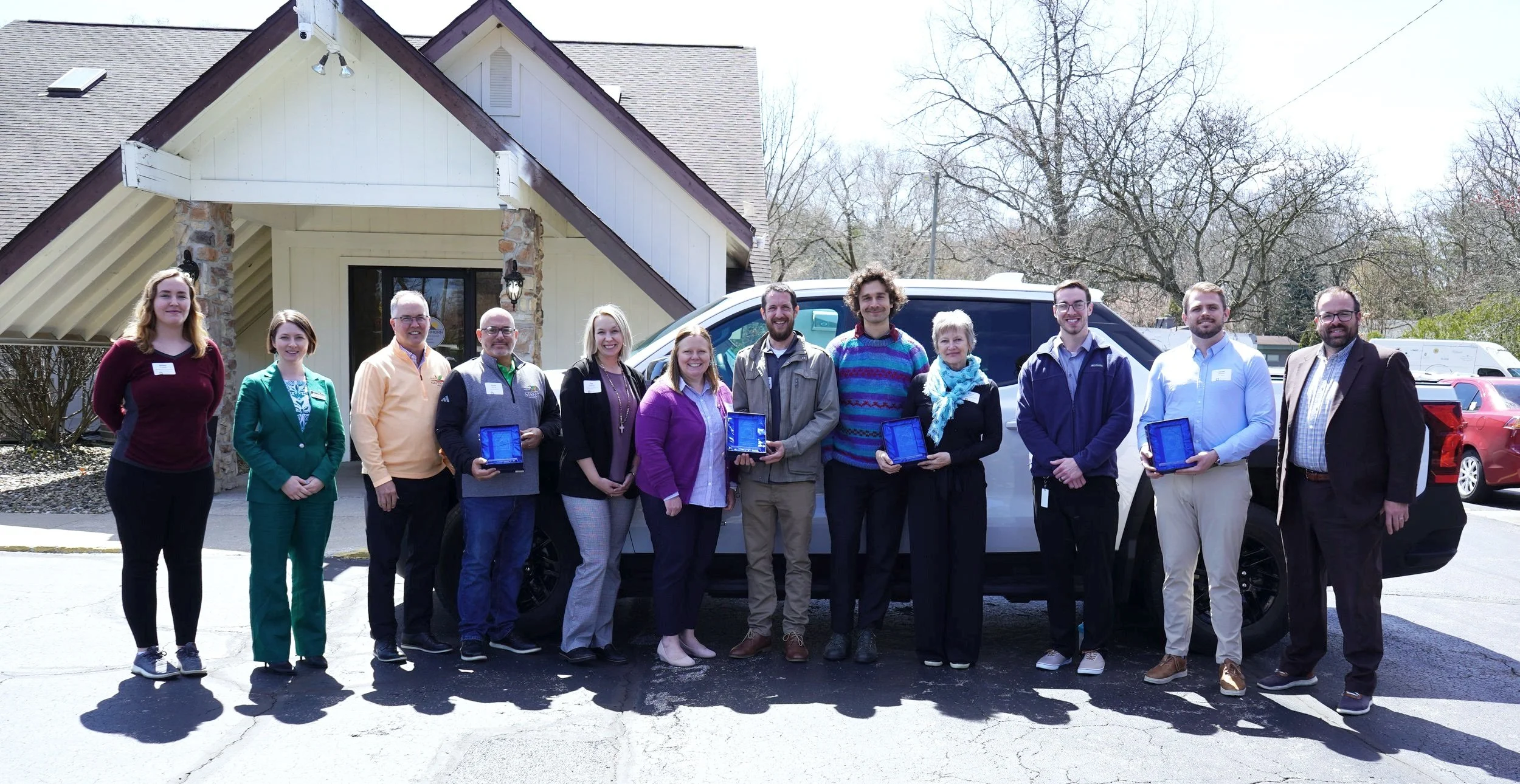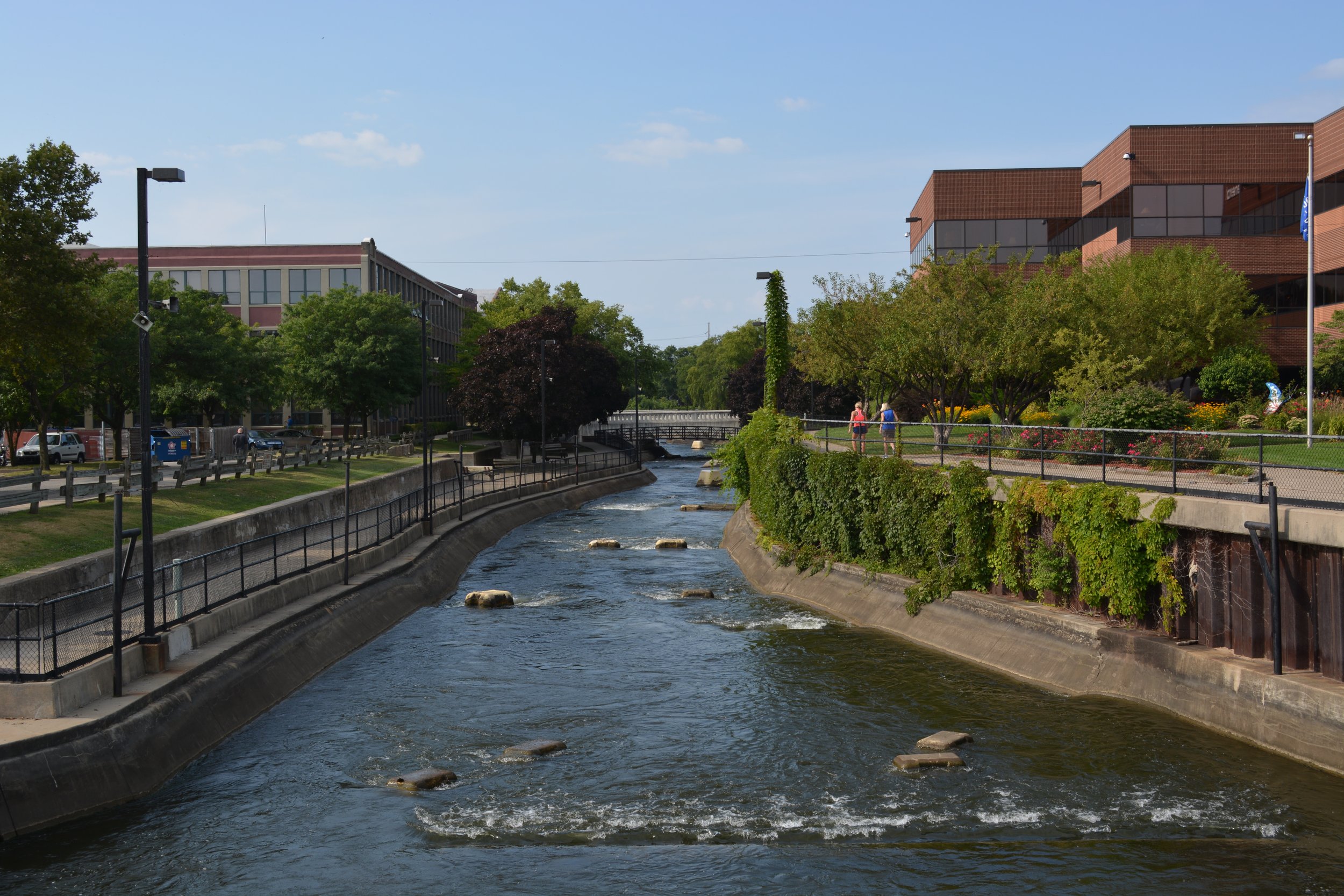
SUSTAINABILITY
Clean Air
The Partners for Clean Air program encourages and celebrates voluntary efforts to keep the air clean and help reduce emissions. The program began in 1994 to educate the public about simple actions to clean the air. The three main education efforts are:
-

Annual Award Luncheon
Every year, the Partners for Clean Air program hosts an Annual Award Luncheon to recognize local public and private organizations and businesses making special efforts to promote clean air.
-

Clean Air Michiana
The Clean Air Michiana website aims to help all residents and businesses understand and improve our region's air quality. Below, you can learn more about how you or your business can get involved, take action, and champion the cause for cleaner air.
-
Air Quality Action Day Notices
An Air Quality Action Day occurs when the Air Quality Index (AQI) reaches unhealthy levels. Sign up to be notified when an Action Day is forecast for the following day. The notice will include reminders of what steps you can take to help keep the air clean.
Air Quality Information
Air Quality Forecast - IDEM Smogwatch
View Indiana’s current air quality forecast. The Indiana Department of Environmental Management operates a statewide network to monitor pollutants.
Real-Time Air Quality Network - South Bend
In 2024, the City of South Bend deployed a network of environmental sensors to provide real-time, citywide data on ambient air temperature and air pollutants.
Air Quality Index
The Air Quality Index (AQI) provides a simple, uniform way to report daily air pollution concentrations. The AQI value tells the public about the general health effects associated with these pollutants and prescribes some general precautionary steps that can be taken. The AQI is a reporting tool that converts the pollutant concentrations measured in our air to a simple number on a scale are related to the potential health effects of the daily measured concentrations of five major pollutants: carbon monoxide (CO), ozone (O3), nitrogen oxides (NOx), sulfur dioxide (SO2), and small particulate matter (PM10) The intervals, descriptors words, generalized health effects, and cautionary statements are listed in the table below.
Clean Transportation
Green Fleet Program
MACOG partners with Drive Clean Indiana to manage the Northern Indiana Green Fleet Program. This program aims to significantly improve the environmental performance of business and governmental vehicle fleets across Northern Indiana through alternative fuels and vehicle electrification.
The program assists local governments in evaluating fleets and technologies and securing grant funding for vehicles, fueling infrastructure, and electrification. It can also provide educational opportunities, including fuel and technology workshops, training, seminars, and certifications.
Clean Energy
Solar
MACOG supports local governments in developing projects and pursuing funding for clean energy initiatives, including solar. From 2017 to 2021, MACOG worked with local governments, non-profits, and area residents to better understand solar technologies, policies, and best practices. MACOG and seven communities achieved SolSmart Designation from the Department of Energy and hosted workshops to educate homeowners and others about the benefits and process of going solar. The region has continued to see growth in solar installations at homes, businesses, non-profits, schools, and government facilities buildings.

St. Joseph River Basin Commission
The St. Joseph River Basin Commission (SJRBC) was established by the Indiana General Assembly to improve water quality and reduce flood hazards in the St. Joseph River Basin. The Commission is composed of representatives from six counties in the Indiana portion of the basin: Elkhart, Kosciusko, LaGrange, Noble, St. Joseph, and Steuben counties. Through a cooperative agreement, MACOG provides staff and other support to the SJRBC.
The AmeriCorps program at MACOG matches the capacity needs of local governments and non-profits with members who serve full-time or part-time throughout the year or during the summer. The program focuses on environmental stewardship and economic resilience to implement key strategies identified by local governments and non-profits in northern Indiana.



